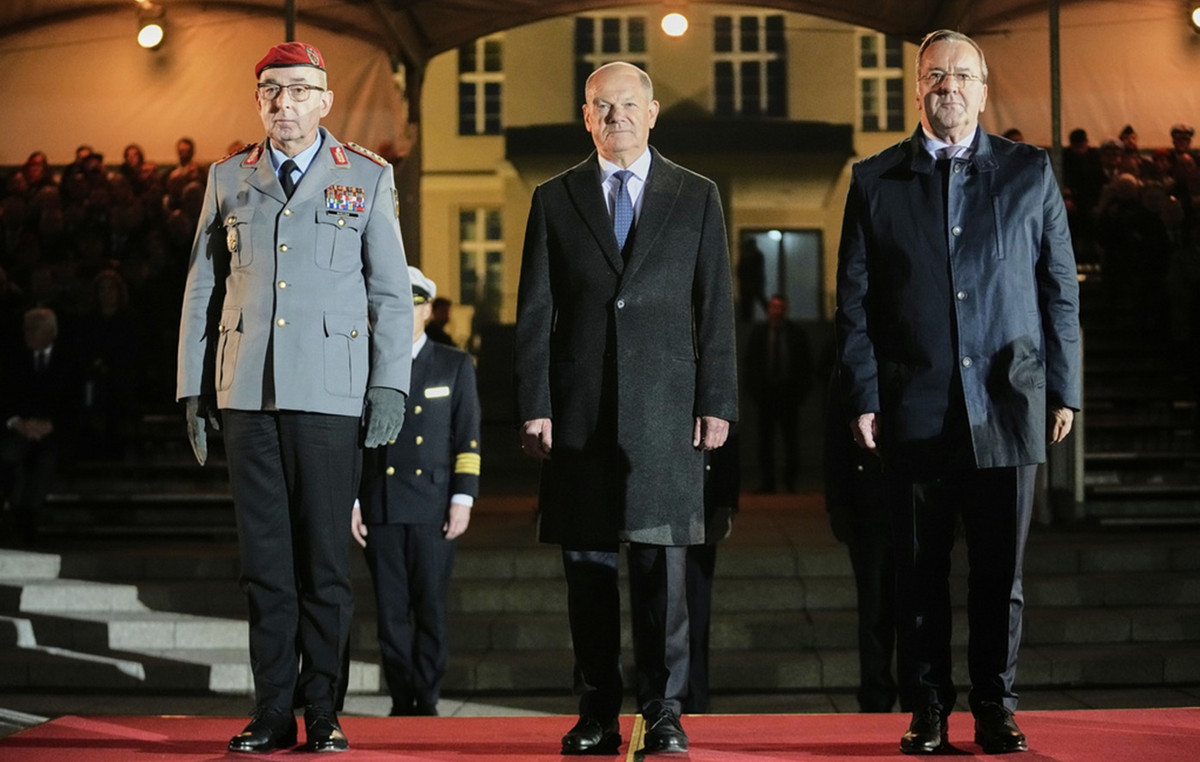The heads of finance of the group of the 20 main economies of the world, the G20 reached what was called a “strong consensus” on issues such as global food security at a two-day meeting in Indonesia, but remained divided over the Russian war in Ukraine .
The Treasury Secretary United States , Janet Yellen said the differences had prevented finance ministers and central bankers from issuing a formal statement, but that the group agreed on the need to deal with a worsening food security crisis.
Western countries have imposed strong sanctions on Russia , accusing her of war crimes in Ukraine which Moscow denies. Other G20 nations, including China, India and South Africa, were quieter in their response.
“This is a challenging time because Russia is part of the G20 and doesn’t agree with the rest of us on how to characterize the war,” Yellen said.
Senior Western officials including Yellen and the finance minister Canadian Chrystia Freeland, on Friday condemned the war and criticized Russian authorities for the huge economic consequences it caused.
Indonesia’s central bank governor Perry Warjiyo on Saturday urged member countries to remain focused on the goals of global economic recovery as the invasion of Russia – which he calls a “special military operation” – overshadows successive rounds of multilateral negotiations.
Analysts said the failure to reach a statement reflected the weakness of the once powerful economic group.
“We are at an aimless moment in the world economy with the G20 paralyzed by Putin’s war and the G7 unable to lead on global public goods,” says Kevin Gallagher, who directs the Center for Global Development Policy at Boston University.
The Finance Minister of Indonesia Sri Mulyani, who chaired the two-day meeting, hoped that delegates could jointly address rising commodity prices, an escalating food security crisis, and the spillover effects on the ability of low-income countries to repay their debts.
G20 members came together early in the pandemic, but efforts to cushion the shock to heavily indebted poor countries have not yielded significant results.
Western countries, concerned about the lack of transparency in loans from the China were pushing Beijing to restructure debt contracts and transform its role into “one that (contributes) to countries rather than generating debt and servitude,” said US Ambassador to Japan Rahm Emanuel.
Indonesian minister cited advances in discussions between countries
After the meeting, Mulyani issued a statement summarizing the events and discussions of the meeting.
According to her, everyone present agreed that the G20 is in a “challenging and difficult” situation due to geopolitical tensions. She stated that all members of the group agreed to maintain the organization as a forum for cooperation, stressing the importance of maintaining multilateralism.
Despite the challenges, the Indonesian minister assessed that there had been “progress”, with all countries agreeing to support the sustainable development goals and objectives set out in the Paris Agreement with a transition to a zero-emissions economy.
The minister also cited a “strong signal” around discussions on a global minimum tax, and that all finance ministers present agreed that global food insecurity requires more interventions and policies, as well as corrections of disruptions in supply chains.
She also defended that it is necessary to “alleviate the shortage of fertilizers”, and stated that the world Bank and the IMF will support countries facing food insecurity.
However, no agreement was reached on a communiqué about the war in Ukraine, and the cap on Russian oil prices was not discussed. The minister classified the decisions as the “best possible outcome”.
IMF chief warns of ‘exceptionally uncertain’ global outlook
The head of the International Monetary Fund (IMF ), Kristalina Georgieva warned G20 officials on Saturday to take urgent action to tackle inflation, noting that the “exceptionally uncertain” global economic outlook could worsen if higher prices persist.
Georgieva, who spoke at the meeting in Indonesia, said Russia’s intensifying war in Ukraine had increased pressure on commodity and energy prices, and global financial conditions were tightening more than expected.
At the same time, pandemic-related disruptions and new supply chain bottlenecks continue to weigh on economic activity.
Pressure is mounting on highly indebted countries, and the debt situation is “deteriorating rapidly,” she said, according to a text about her remarks.
Source: CNN Brasil
I’m James Harper, a highly experienced and accomplished news writer for World Stock Market. I have been writing in the Politics section of the website for over five years, providing readers with up-to-date and insightful information about current events in politics. My work is widely read and respected by many industry professionals as well as laymen.







